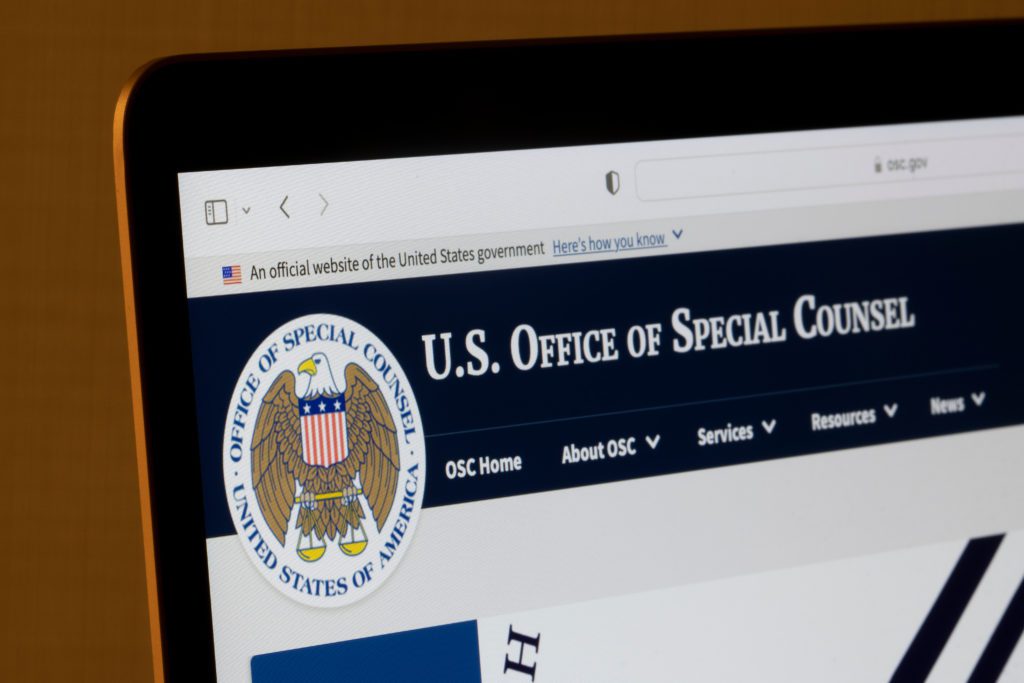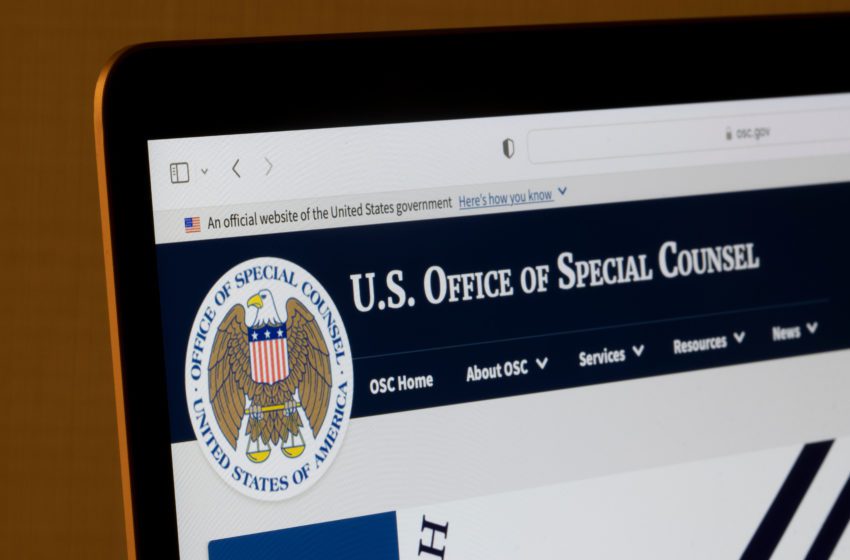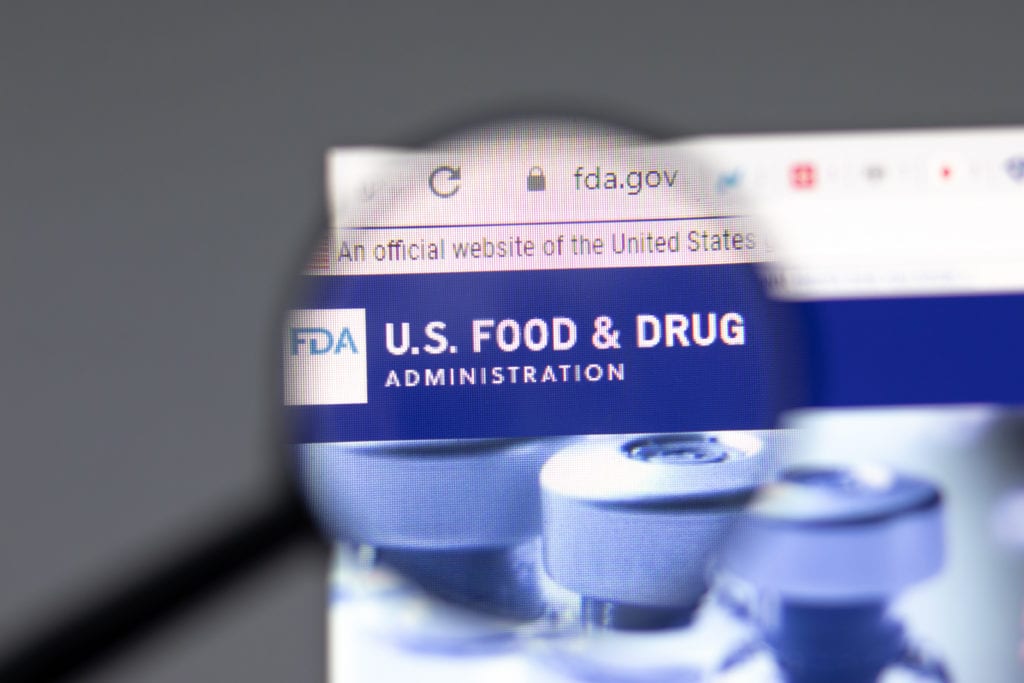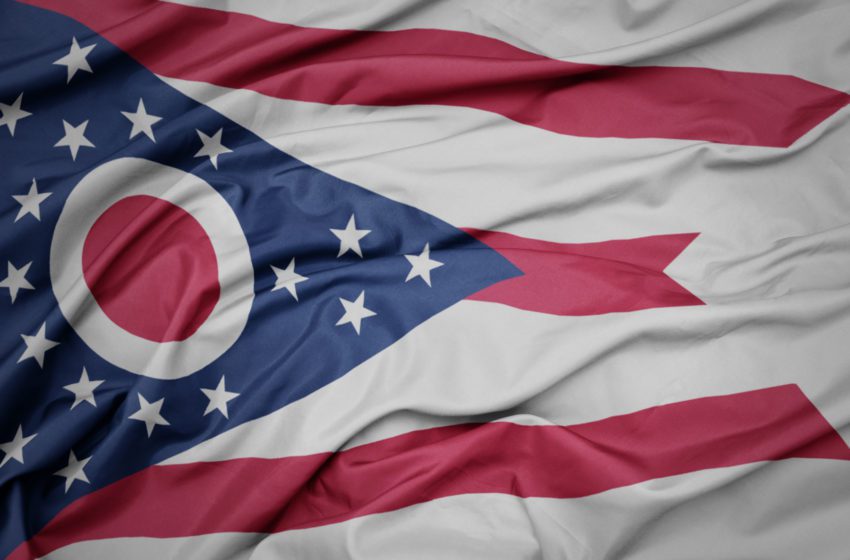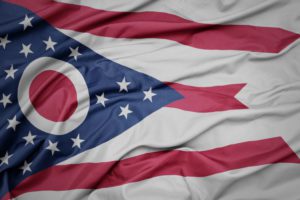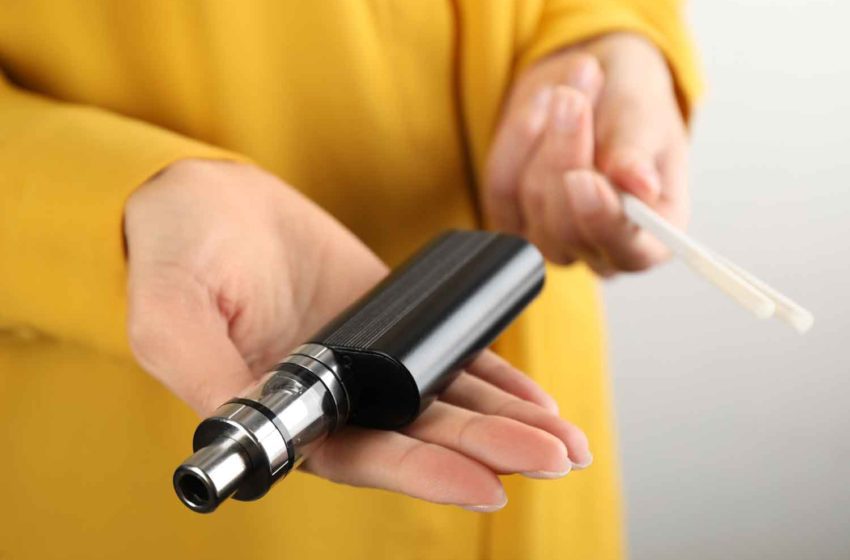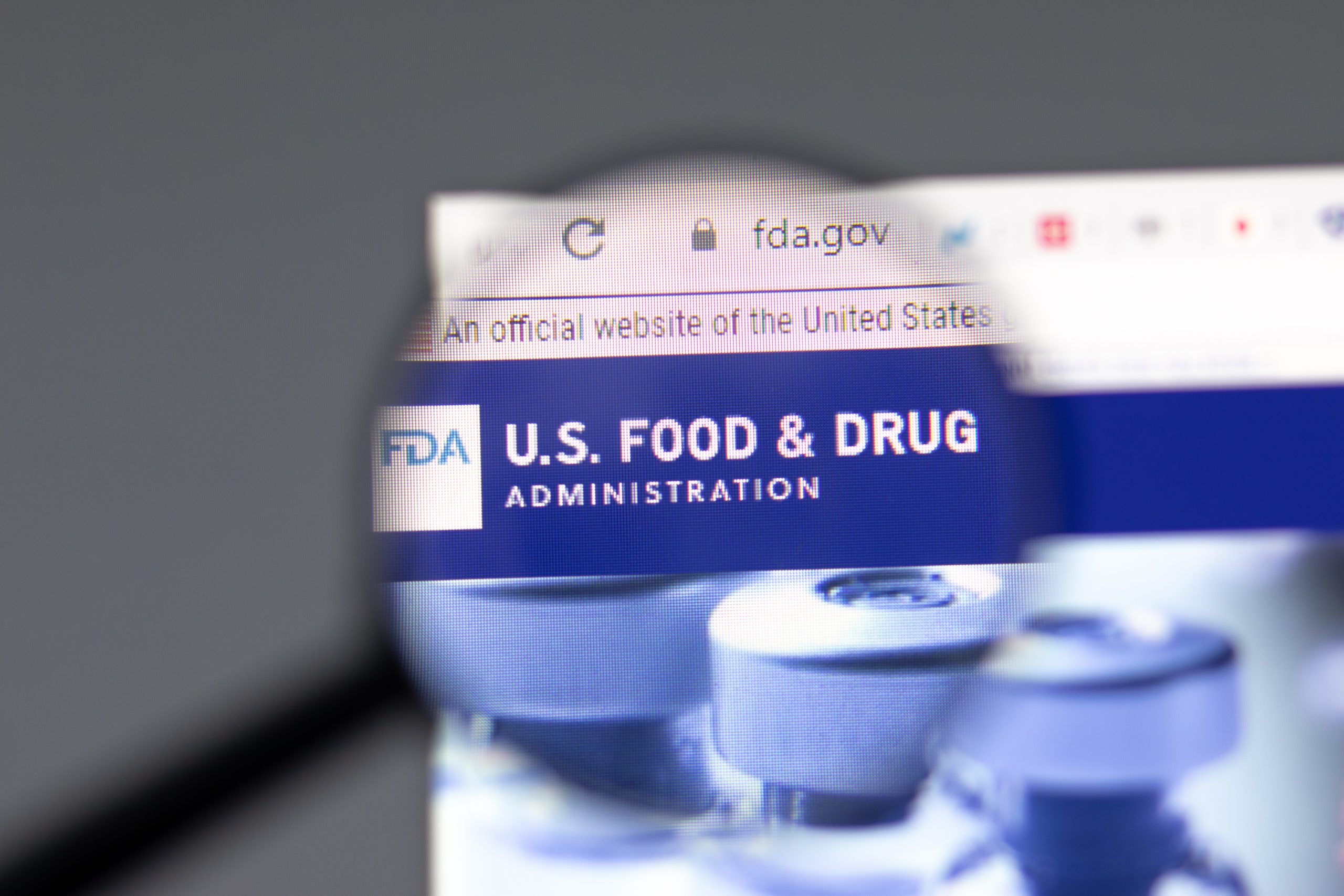Memos recently submitted to the U.S. Court of Appeals for the Third Circuit show that the U.S. Food and Drug Administration’s Center for Tobacco Products (CTP) allowed its director, Brian King, to reverse a recommended marketing approval of Logic Technology’s menthol vaping products, ignoring the advice of FDA scientists, according to Logic’s lawyers. The new documents were made available to Logic after it had filed its motion for a stay of its marketing denial order (MDO) for its menthol vaping products.
Attorneys for Logic, which is represented by Troutman Pepper, stated that the new documents, that Vapor Voice is reviewing, reveal the “extraordinary fact that CTP’s Office of Science (OS) reversed its science-based recommendation to issue marketing granted orders for Logic’s premarket tobacco product applications (PMTAs) for its menthol-flavored electronic nicotine delivery systems (ENDS) after receiving pressure from the new CTP director and his office, the Office of Center Director (OCD).”
Logic attorneys claim the company is entitled to a stay of the agency’s MDO for the Logic menthol products because the OCD overruled OS’s initial recommendations to approve Logic’s products based upon its “science-based evaluation” of Logic’s submission. However, because the OCD said in the memos that menthol as a category would be “treated disfavorably,” Logic is asking the court to recognize that the agency’s actions of “basing product-specific decisions” on “unpromulgated, across-the-board policies” that were never subject to notice-and-comment rulemaking is “arbitrary and capricious.”
In the first memorandum (dated Oct. 25), the OS explains that it evaluated Logic’s PMTAs, including its product-specific evidence, and concluded that authorization of the marketing of Logic’s menthol-flavored ENDS was appropriate for the protection of public health (APPH). However, the memo shows that the OS changed course only after the new CTP director and OCD, to whom OS reports, concluded that menthol-flavored ENDS should be treated as a “disfavored” product category, despite the evidence to the contrary.
“From a policy perspective, OS believed at the time that as long as menthol-flavored cigarettes remain on the market, menthol-flavored ENDS could be a direct substitute for them, providing a less harmful alternative for menthol-flavored cigarette smokers who are less likely to successfully quit smoking than smokers of non-menthol-flavored cigarettes,” the OS memo reads. “OS considered that this suggested potential benefit in the form of increased opportunity for use and transition coupled with product-specific evidence of some benefits to smokers even if not greater than that of tobacco-flavored ENDS products amounted to a likelihood of greater cessation or significant reduction in smoking that would outweigh the known risks to youth from the marketing of the products sufficient to meet the legal standards for authorization.”
OCD then raised questions about OS’s recommendation including questions about “the role and sufficiency of the general scientific literature on adult menthol smokers’ differential preference for menthol ends in demonstrating likely behavioral change” and underscored its concerns about the substantial appeal of menthol to youth. A decision was still pending for the Logic PMTA in July 2022, when CTP transitioned to a new center director, Brian King.
“OS shared its views with the new center director and engaged in an open discussion on topics including the general body of literature, Logic’s clinical studies, risk to use, and potential postmarketing requirements,” the memo states. “After that meeting, the OCD senior science advisor shared OCD’s views with OS, articulating that in light of the substantial risk to youth and the lack of robust evidence of actual differential use to quit or significantly reduce cigarettes per day, the approach to menthol flavored ends should be the same as for other flavored ends, i.e., the products could be found to be APPH only if the evidence showed that the benefits of the menthol flavored ends were greater than tobacco flavored ends, which pose lower risk to youth.” The OS subsequently changed course and its opinion about Logic’s marketing approval.
The second memorandum reiterates the same policy shift and suggests that meetings were held to address the concerns of OS staff regarding the appropriateness of the decision-making process behind the denial of Logic’s menthol PMTAs. The OS also had concerns that the new OCD approach would eliminate all non-tobacco-flavored ENDS products.
“During deliberations, it became clear that there was not agreement with CTP on the approach for evaluating menthol-flavored ends. OCD took steps to consider and address staff use and to ensure that the process for decisions on PMTAs was driven by the science. In July 2022, shortly after becoming CTP center director, Brian King, a doctoral-level scientist, conferred with OS and members of OCD about menthol-flavored ends and the Logic menthol-flavored ends PMTA,” the second memo states. “After that meeting, the OCD senior science advisor conveyed that Dr. King’s position was the same as the previously held OCD position. Articulating in particular that in light of the risk to youth and the lack of robust evidence of actual differential use of menthol-flavored ends to quit or significantly reduced cigarettes per day, the approach to menthol-flavored ends should be the same as with other flavored ends with respect to the evidence of adult benefit. Subsequently, and upon its own initiative, OS reassessed OCD’s approach … .”
In October, numerous comments from staffers of the CTP for the Reagan Udall assessment of the performance of the FDA’s tobacco center claimed the regulatory agency is in a state of disarray and being influenced by outside forces, not scientific research. One comment stated that reviewers of PMTAs in the OS lack the autonomy to exercise “best scientific practices” in their reviews of PMTAs.
“Scientific disagreement is frowned upon, if not entirely suppressed, and punished through various backhanded methods (e.g., lack of assignments, projects, and other opportunities that are needed for career development/promotion),” the comment states. “In some divisions (e.g., Division of Nonclinical Science [DNCS]), leadership pushes a ‘gotta get em’ mentality onto staff, which is unsupportive of a reviewer’s fundamental duty to provide an unbiased review using the best available science.”
Earlier this week, a unanimous panel of the United States Court of Appeals for the Fourth Circuit denied Avail Vapor’s petition to have its MDO invalidated. Avail also argued that the FDAs review process for PMTAs, although not specifically menthol, were arbitrary and capricious.
The U.S. Court of Appeals for the Eleventh Circuit stayed an MDO issued by the FDA to Bidi Vapor earlier this year, which also argued the agency’s rulemaking was arbitrary and capricious.
These two rulings were all made before the release of the Logic documents. Several industry experts have told Vapor Voice that this revelation of FDA memos could be “game changing” for industry lawsuits. Avail is rumored to be taking its case to the Supreme Court of the United States. The FDA does not comment on pending litigation.
